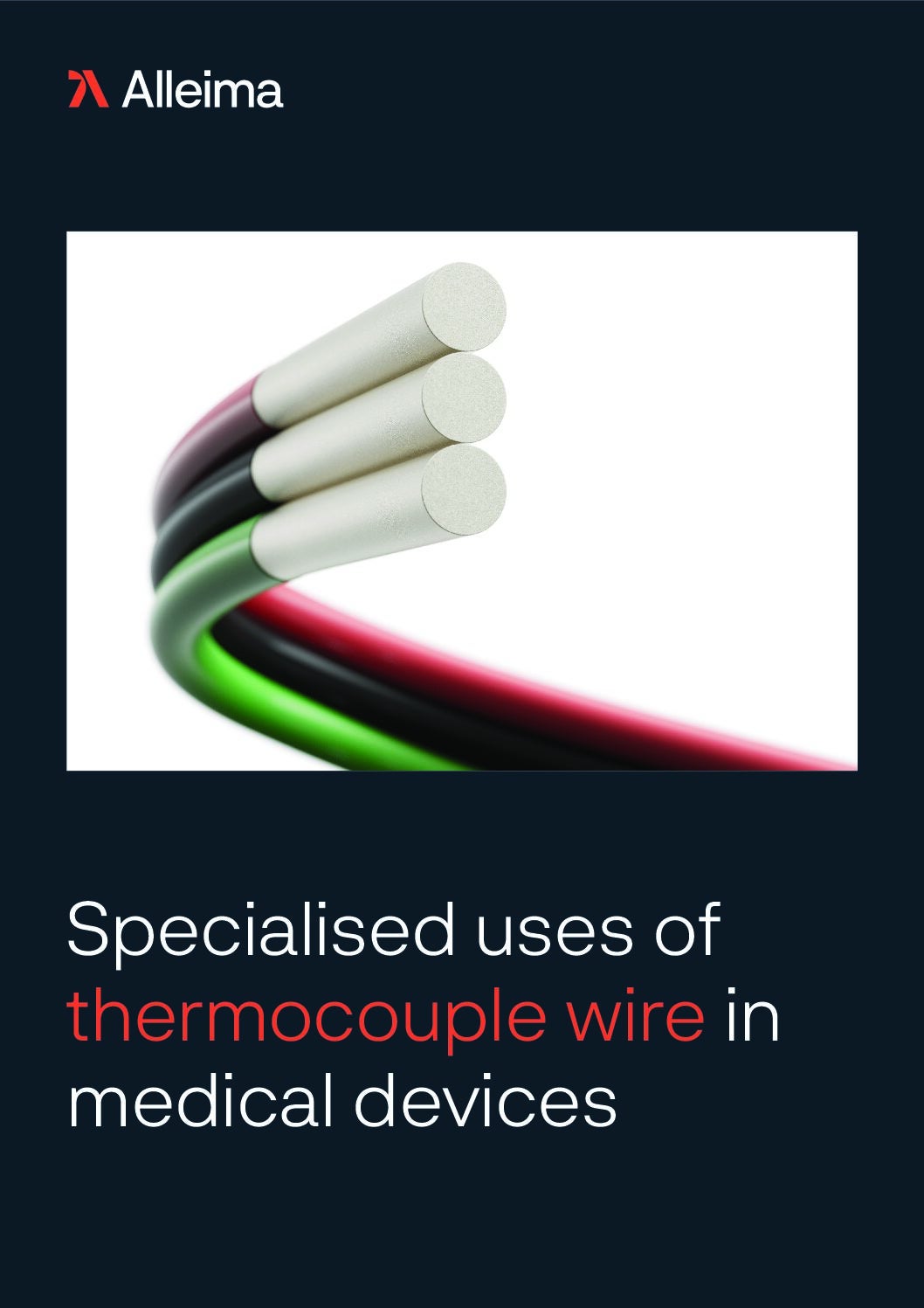
There are several reasons for the boom in the usage of remote patient monitoring and wearable devices, from ageing populations to innovations in medical technology making devices less invasive. All of this was amplified by the COVID-19 pandemic, which for many made remote healthcare a necessity.
The combination of the popularity of these devices, along with further digitalisation within medicine (such as electronic medical records), means that the medical industry is dealing with more data than ever before.

Cybersecurity and patient data
According to a GlobalData Thematic report on medical device predictions for 2023: “For more than a decade, healthcare has been the largest target for data breaches. Many of the medical devices used in hospitals today are legacy devices, meaning they are older and at a higher risk of ransomware attacks. Additionally, since the start of the COVID-19 pandemic, the use of remote patient monitoring devices has skyrocketed. As many remote patient monitoring devices are connected devices, they are vulnerable to cyberattacks. The focus for medical device cybersecurity thus will be improving security for older devices where they cannot be replaced and ensuring security on remote devices.”
The cybersecurity market for medical devices is expected to grow significantly, especially given the rising rates of cybercrime and growing media coverage. While organised cybercrime remains a threat, newer and more sophisticated medical devices are becoming increasingly secure to keep patient data safe.
Data integrity for medical devices
Quality treatment requires quality data, and this needs to be consistent throughout the data lifecycle. Data integrity is the degree to which patient data is accurate, complete, consistent, and reliable.
To maintain data integrity, medical devices need to accurately measure vitals and reliably transfer all this data where it can be securely stored. With devices getting smaller and smarter, continuous remote monitoring means that there is a consistent flow of accurate data, from glucose levels to heart rate. Not only can this data be stored and accessed by patients and healthcare providers from mobile devices, but alerts can be calibrated should a patient’s vitals fall outside of healthy parameters. Data integrity is not only vital for diagnostics and treatment, but it also plays a vital role in preventative medicine.
Sensing wire for accurate data collection
Continuous remote patient monitoring requires sophisticated devices that are configured for their application. This means that each component must be doing its part well, and when it comes to medical wire, many medical device OEMs are overwhelmed by the long list of requirements.
Alleima is an industry leader in designing and developing medical wire components trademarked Exera®, based on extensive experience in metallurgy and process development. Alleima sensing solutions have been used for applications such as thermocouples, glucose sensors and electrical sensor devices, with medical wire that meets all the requirements.
From biocompatibility to fatigue resistance, conductivity, and specialised sensing methods that utilise chemical reactions or monitor changes in the human body, Alleima has the expertise to choose the right materials and processes. In addition to its extensive range of metals and alloys, Alleima offers specialised surface treatments, from innovative application methods for polymer coatings to precise electroplating.
To find out more about Alleima’s Exera® medical wire and wire-based solutions, visit their website.



